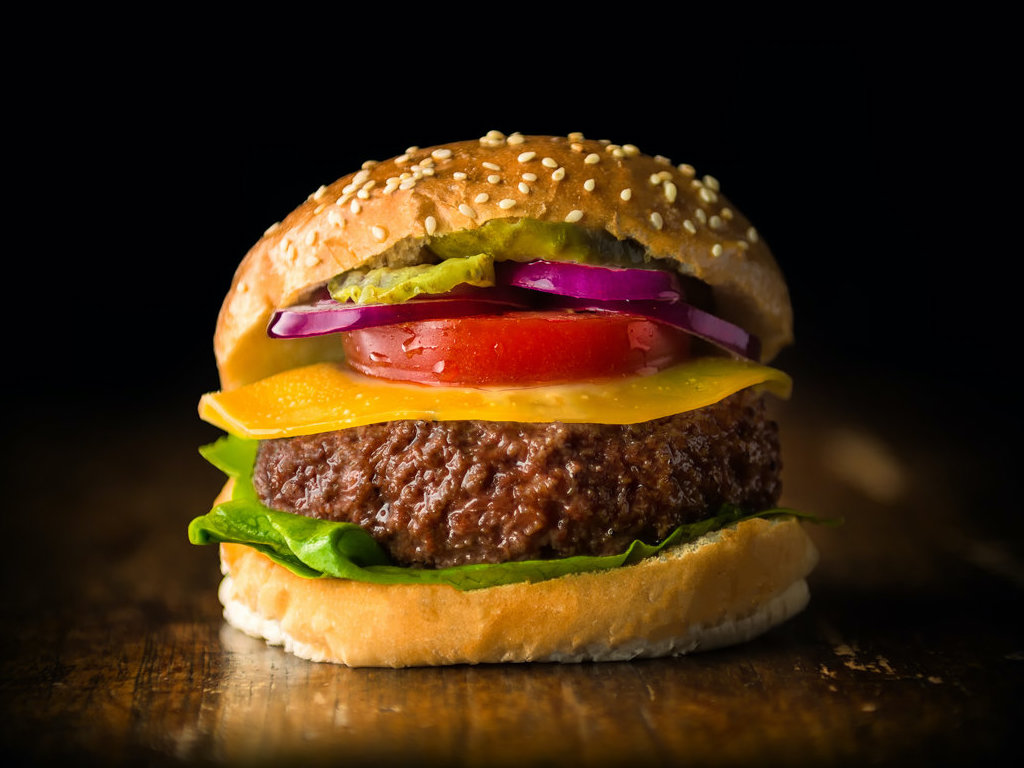3 Mins Read
Leonardo DiCaprio is adding yet-another environment-focused initiative to his plate. The Hollywood actor and climate activist this week became an investor and advisor in two cultured meat startups, Netherlands-based Mosa Meat and Israel’s Aleph Farms. Both companies are part of the pack of startups looking to offset the environmental costs of traditional meat by growing the meat without the animals.
For the uninitiated, cultured meat involves feeding the cells harvested from an animal—often a skin scrape or feather—so that they multiply and create muscle tissue that can then be grown into meat. Many environmentalists believe the major draw of cultured meat is that animals aren’t actually slaughtered in the process of making the product. (Though some questions concerning animal ethics remain.)

Cultured burgers and whole-cut steak
Mosa Meat famously created the world’s first lab-grown beef burger back in 2013, and has since raised millions in funding in addition to slashing the cost of its growth medium and removing the controversial fetal bovine serum (FBS) from its process.
Aleph Farms, meanwhile, is focused on making whole cuts of beef steak and even debuted a cultured ribeye this year. To assist in the process of being able to “grow” these steaks at scale, the company is building out a production facility it says will be operational by 2022.
According to today’s press announcement, DiCaprio will join the two companies as an advisor in addition to investing in them. “One of the most impactful ways to combat the climate crisis is to transform our food system,” he said in a statement, adding that cultured meat can “satisfy the world’s demand for beef, while solving some of the most pressing issues of current industrial beef production.”

Cultured meat’s potential
Recent research found that the entire food system produces about 17.3 billion tons of greenhouse gases (GHGs) per year globally, and that more than half of those are linked to the production of animal-based foods. Beef is a particularly big offender: Cattle accounts for represents about 65% of the livestock sector’s emissions, according to the United Nations Food and Agriculture Organization.
There’s currently a lot of debate as to whether cultured meat will play a significant role in lessening the planet’s reliance on traditional meats like beef. As well, companies working in the space still have to get regulatory approval to sell their products, a milestone that currently only one company (Eat Just) has achieved in one country (Singapore).
None of that has put a damper on excitement around the sector, however. According to the Good Food Institute, cultured meat companies raised a total of $366 million in 2020—nearly six times the amount invested in the space in 2019.
Analysts have projected the cultivated meat market could reach $25 billion by 2030, though more companies would have to gain regulatory approval at the very least to make that number a reality. And regulation progress continues. Earlier this month, the Singapore Food Agency (SFA) granted Esco Aster a food processing licence to manufacture cultivated meat from animal cells for commercial sale.
As to whether companies like Mosa and Aleph can ever truly scale to play an important role in cutting down our reliance on traditional meat, that remains to be seen. Investors like Leo are certainly betting on that future.
Lead Image (right) courtesy of Mosa Meat.




